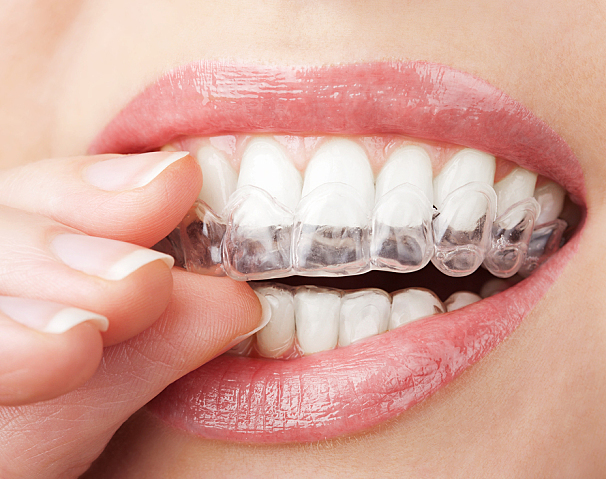Your teeth may develop stains over time due to beverages like coffee and tea or as the enamel wears out, exposing the dentin. Other times your teeth may discolor due to excess exposure to fluoride or using certain antibiotics like tetracycline and doxycycline. The good news is that cosmetic & general dentistry Bronx, NY, uses teeth whitening to brighten your teeth and restore the integrity of your smile. However, there are multiple other cheaper alternatives for you to whiten your teeth. The following article compares at-home and in-office whitening and explains why you should consider the latter.
How does at-home whitening differ from in-office whitening?
At-home whitening methods are different from what you would expect at your dentist’s office. Here are important factors that bring out the difference.
Strength of whitening product
Over-the-counter products contain a lower concentration of bleaching agents with approximately 1-% to 22% carbamide peroxide, equivalent to about 3% hydrogen peroxide. On the other hand, professional whitening products contain 15% to 43% hydrogen peroxide. The difference in concentrations means that the results will also vary. At home or over-the-counter products may not whiten your teeth to your desired degree since they have a low concentration of the bleaching agent. If you want dramatic results within a shorter period, professional teeth whitening is your option.
Protective measures
The bleach in the whitening product can inflame or irritate the soft tissue in your mouth. For this reason, dentists use a rubber shield or apply the gel on your gums to protect the soft tissues from the effects of the bleaching agent. However, over-the-counter products do not offer these protective measures, meaning there is a risk of damaging your gums as you use these products.
Supervised process
Professional teeth whitening is performed by a dentist, meaning you are in good hands. Before treatment, your dentist reviews your medical history and conducts an oral examination to ensure you are a good candidate for the procedure. Although tooth whitening is generally safe, specialists advise against the process in some cases. For example, pregnant and lactating mothers may not be ideal candidates for teeth whitening and are children below 16 years.
Individuals with gum disease, cavities, exposed roots, and worn enamel are not viable for teeth whitening. If your dentist diagnoses you with any of these, you may need treatment before proceeding with teeth whitening. It is essential to treat cavities since the whitening solution can penetrate your teeth’ inner layers, causing sensitivity.
Before professional teeth whitening, your dentist ensures you are not allergic to hydrogen peroxide since it is an active ingredient in whitening systems. If you have dental restorations such as veneers, whitening may result in uneven results since these prosthetics don’t respond to whitening. However, with at-home whitening products, you are on your own, making it easier to do the wrong things.
While professional or in-office whitening can transform your smile, the results are not permanent: your teeth are bound to stain again. If you want to know how to preserve your bright smile, consult your dentist at Riverdale Dental Arts.







